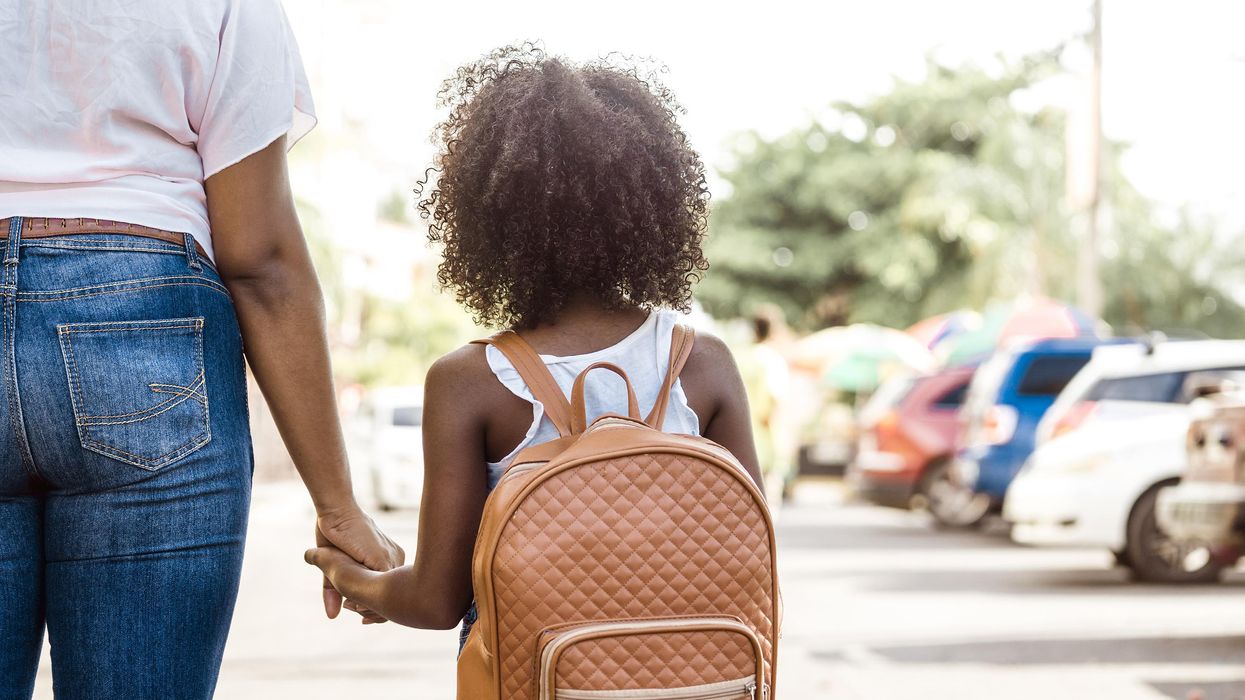(CNN) — A growing percentage of Indigenous and Black parents in the United States reported that their children have faced racist experiences, according to a study published in the Journal of Osteopathic Medicine.
The study looked at parental reporting of racist experiences their children faced between 2016 and 2020. Data came from the National Survey of Children's Health, a nationally representative survey directed by groups within the US Department of Health and Human Services.
The researchers, led by Dr. Micah Hartwell at Oklahoma State University College of Osteopathic Medicine at the Cherokee Nation, and Amy Hendrix-Dicken of the University of Oklahoma (Tulsa) School of Community Medicine, concluded there was an increase in reported racial incidents experienced by minority children from roughly 6.7% in 2016 to 9.3% by 2020.
By comparison, 1% of parents of White children reported their kids had faced discrimination in 2016, and that increased to 1.7% in 2020.
Structural racism is taking a toll on children's mental health
Indigenous children experienced discrimination at rates ranging from 10.8% in 2016 to 15.7% in 2020, and Black children ranging from 9.69% in 2018 to 15.04% in 2020, according to the report.
Hendrix-Dicken says the findings are significant because exposure to discrimination in early childhood can have long-term consequences on health.
"Our study underlines the need for clinicians to expand their anti-racism resources and also highlights the role culturally competent health care can play in lessening the effects of adverse childhood experiences with racism," said Hendrix-Dicken in a news release.
"As an Indigenous person myself, perhaps the most personally significant and surprising finding is the rate at which Indigenous children are experiencing discrimination," added Hendrix-Dicken.
In a phone interview with CNN, Hartwell outlined strategies to mitigate the root cause of the findings.
"There is a ton of stuff minority communities have done if that was better represented within our education and childcare and just overall knowledge of coverage, that would provide a more equal context," Hartwell said.
"Understanding cultural context, historical trauma and providing mental health services from a culturally informed perspective is the best thing the medical community can do," added Hartwell who is also a Clinical Assistant Professor of Psychiatry and Behavioral Sciences at Oklahoma State University.
Covenant Elenwo, a medical student who worked on the study with Hartwell told CNN, "When looking at some of the historical trauma that has come with being Black and Indigenous, we must understand some of the trauma has not been dealt with even now in 2022."
The-CNN-Wire
™ & © 2022 Cable News Network, Inc., a Warner Bros. Discovery Company. All rights reserved.


















































